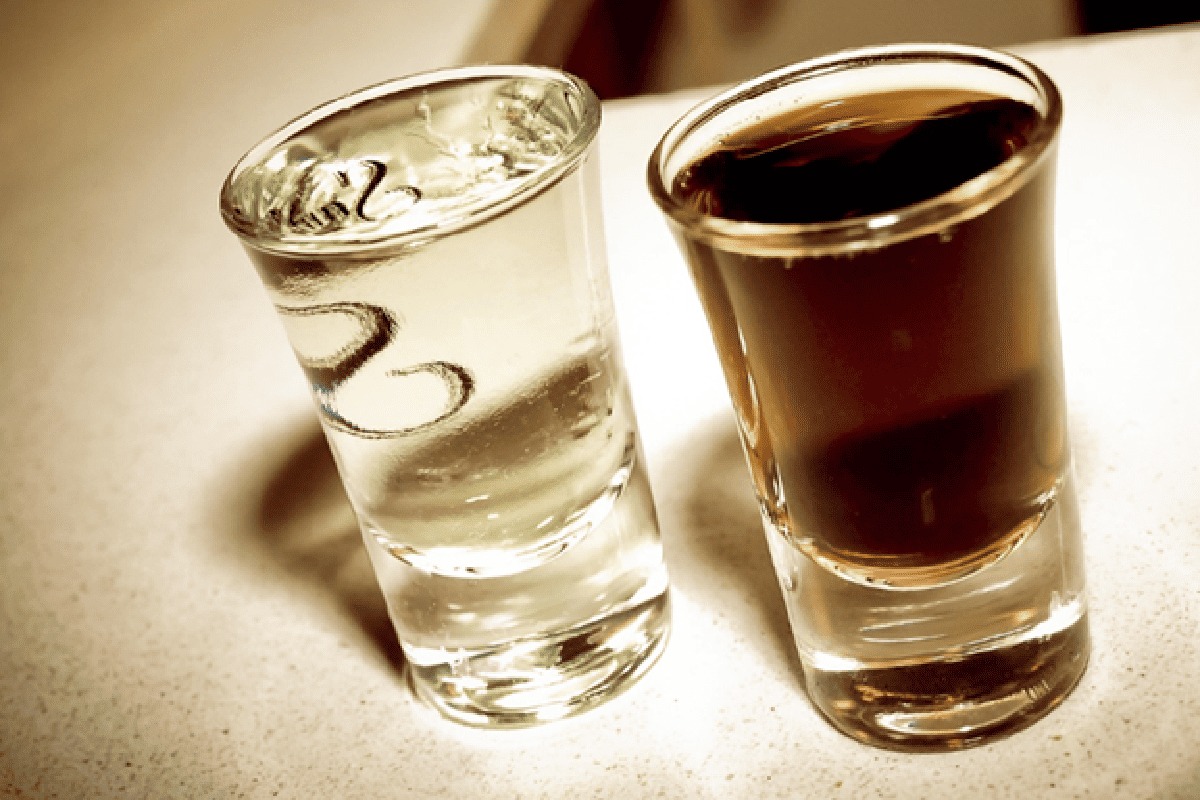Contents of this Post
TogglePolice officers use field sobriety tests during nearly every DUI stop in Virginia. These physical tests help officers decide whether to arrest someone for drunk driving. However, the accuracy of these tests is far from perfect, and many factors can cause a sober person to fail them.
Understanding how field sobriety tests work and their limitations matters for anyone facing a DUI in Fairfax County or anywhere else in Virginia. The science behind these tests reveals significant problems that defense attorneys can use to challenge DUI charges.
The Three Standardized Tests
The National Highway Traffic Safety Administration developed three standardized field sobriety tests in the 1970s and 1980s. Officers across the country use these same tests to detect drunk driving.
The Horizontal Gaze Nystagmus test involves an officer watching your eyes follow a pen or flashlight. The officer looks for involuntary jerking movements in your eyes. According to NHTSA, this test is 77 percent accurate when done correctly. The problem is that many medical conditions cause the same eye movements, including inner ear problems, certain medications, and neurological disorders.
The Walk and Turn test requires you to take nine heel-to-toe steps along a straight line, turn around, and walk back. Officers look for eight different indicators like stepping off the line, using your arms for balance, or taking the wrong number of steps. NHTSA claims this test is 68 percent accurate, but that means nearly one in three people who fail this test might actually be sober.
The One Leg Stand test asks you to stand on one foot while counting out loud for 30 seconds. Officers watch for swaying, using arms for balance, hopping, or putting your foot down. This test is supposedly 65 percent accurate according to NHTSA studies. Many perfectly sober people cannot complete this test, especially those over 65 years old or more than 50 pounds overweight.
Problems with Field Sobriety Test Accuracy
The accuracy numbers that NHTSA provides come from studies conducted in controlled laboratory settings. Test subjects were healthy volunteers performing these tests on flat, well-lit surfaces with no distractions. Real DUI stops happen on the side of busy roads at night, often on uneven pavement or gravel, sometimes in bad weather.
Research shows that numerous factors affect field sobriety test performance that have nothing to do with alcohol. Medical conditions like arthritis, back problems, and knee injuries make the physical tests nearly impossible to pass. Age plays a major role since balance naturally declines as people get older. Footwear matters too. Try standing on one leg for 30 seconds in high heels or work boots.
Environmental conditions create additional problems. Performing these tests on a sloped surface, in strong wind, or on loose gravel changes everything. Nervousness about being pulled over affects performance. Some people simply have poor coordination even when completely sober.
Virginia’s Legal Standards for Field Sobriety Tests
Virginia courts generally accept field sobriety tests as reliable evidence in DUI cases. Judges treat these tests as officer observations rather than scientific tests, which means they get admitted into evidence without much scrutiny. Officers do not even need to follow the NHTSA protocols exactly for the results to count in court.
One crucial fact that many people do not know is that field sobriety tests are completely voluntary in Virginia. You can refuse to take them without any legal penalty. This is very different from refusing a breathalyzer test after arrest, which carries an automatic license suspension. Officers rarely tell suspects that the field sobriety tests are optional.
The training that officers receive on administering these tests varies widely. Some officers take a basic certification course, while others receive more advanced training. Poor training leads to improper test administration, which makes the results even less reliable.
Common Ways to Challenge Field Sobriety Test Evidence
Defense attorneys attack field sobriety test evidence in several ways. The most effective challenge involves showing that the officer did not follow proper procedures. If the officer gave incorrect instructions, failed to demonstrate the test properly, or conducted the test on an unsuitable surface, the results become questionable.
Medical evidence provides another strong defense. Doctor’s records showing arthritis, inner ear problems, or previous injuries explain why someone performed poorly on these tests. Prescription medications that affect balance and coordination also matter.
Video evidence often contradicts what officers claim happened during field sobriety tests. Dashcam and bodycam footage shows the actual conditions at the scene and how the suspect really performed. Sometimes the video reveals that the suspect did better than the officer reported.
Environmental factors documented at the scene help explain poor test performance. Photos showing steep slopes, gravel surfaces, or poor lighting conditions demonstrate that anyone would struggle with these tests under those conditions.
The Bottom Line on Field Sobriety Tests
Field sobriety tests are far less reliable than most people realize. The accuracy rates from NHTSA assume perfect conditions and proper administration, which rarely happens in real traffic stops. Medical conditions, age, physical fitness, footwear, and environmental factors all affect performance in ways that have nothing to do with alcohol consumption.
If you face DUI charges based primarily on field sobriety test results, an experienced attorney can find multiple ways to challenge that evidence. The combination of scientific limitations, administration errors, and alternative explanations creates reasonable doubt in many cases. Understanding these weaknesses gives defendants and their attorneys significant leverage when fighting DUI charges in Virginia courts.

